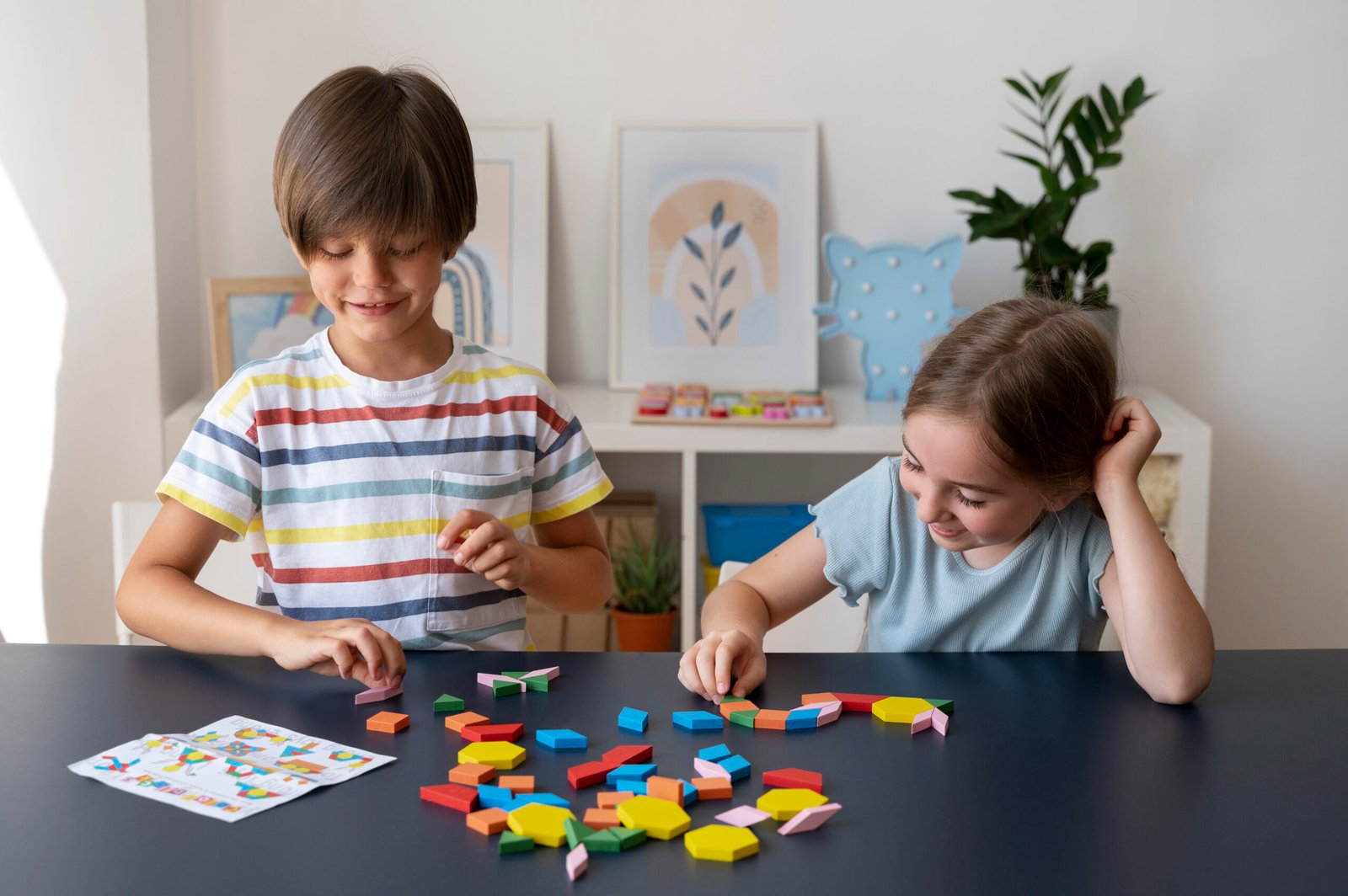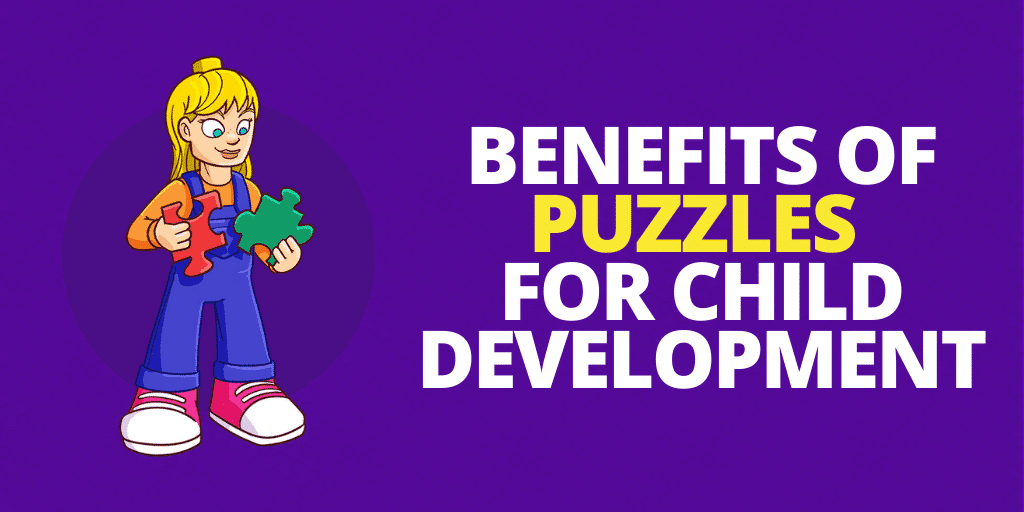In today’s digital world, it’s important to find activities that not only entertain children but also support their mental, emotional, and cognitive development. Puzzle games—ranging from traditional jigsaw puzzles and crosswords to modern digital apps—offer an excellent blend of fun and learning. These games are more than just a way to pass time; they play a vital role in shaping a child’s growing brain.
Here are some key benefits of puzzle games for kids:
1. Enhances Cognitive Skills
Puzzle games challenge the brain. When children solve puzzles, they learn to recognize patterns, use logic, and apply critical thinking. These activities help strengthen memory, boost concentration, and improve problem-solving abilities—all essential skills for academic success.
2. Promotes Hand-Eye Coordination
Physical puzzles, like jigsaw or block puzzles, require kids to place pieces in the correct position. This helps refine their hand-eye coordination and fine motor skills. Such development is especially important for younger children, as it lays the foundation for tasks like writing and drawing.
3. Improves Patience and Persistence
Puzzles are not always easy to solve. Kids learn to be patient, try different solutions, and stay focused until they reach their goal. These habits can lead to better perseverance and resilience in other areas of life.
4. Encourages Independent Play
Puzzle games are often solitary, which gives children an opportunity to play independently. This helps build self-confidence, decision-making skills, and the ability to self-regulate emotions—especially when faced with a challenging task.
5. Boosts Memory and Recall
Many puzzles require children to remember shapes, colors, positions, or sequences. This process strengthens both short-term and long-term memory and improves the ability to recall information—skills that are essential in school and everyday life.

6. Supports Language and Vocabulary Development
Word puzzles, such as crosswords or word searches, help expand a child’s vocabulary. They also improve spelling and comprehension skills, especially when done with adult guidance or in a classroom setting.
7. Encourages Teamwork and Social Skills
While many puzzles can be done alone, they can also be a great group activity. Working on puzzles together teaches children how to cooperate, share ideas, and communicate effectively. This is especially helpful for developing social and emotional intelligence.
8. Builds Spatial Awareness
Jigsaw puzzles and 3D puzzles help children understand how different shapes and spaces work together. This can be useful later in subjects like math, science, and engineering.
Final Thoughts
Puzzle games are a powerful tool for children’s development. They combine play with purpose, helping young minds grow in a fun and engaging way. Whether physical or digital, puzzles can support lifelong learning habits and offer meaningful screen time. Encouraging your child to engage in puzzle play is an investment in their mental fitness and emotional well-being.
So next time you’re looking for an educational and enjoyable activity for your child, reach for a puzzle—it might be the smartest piece of fun they’ll ever have.


